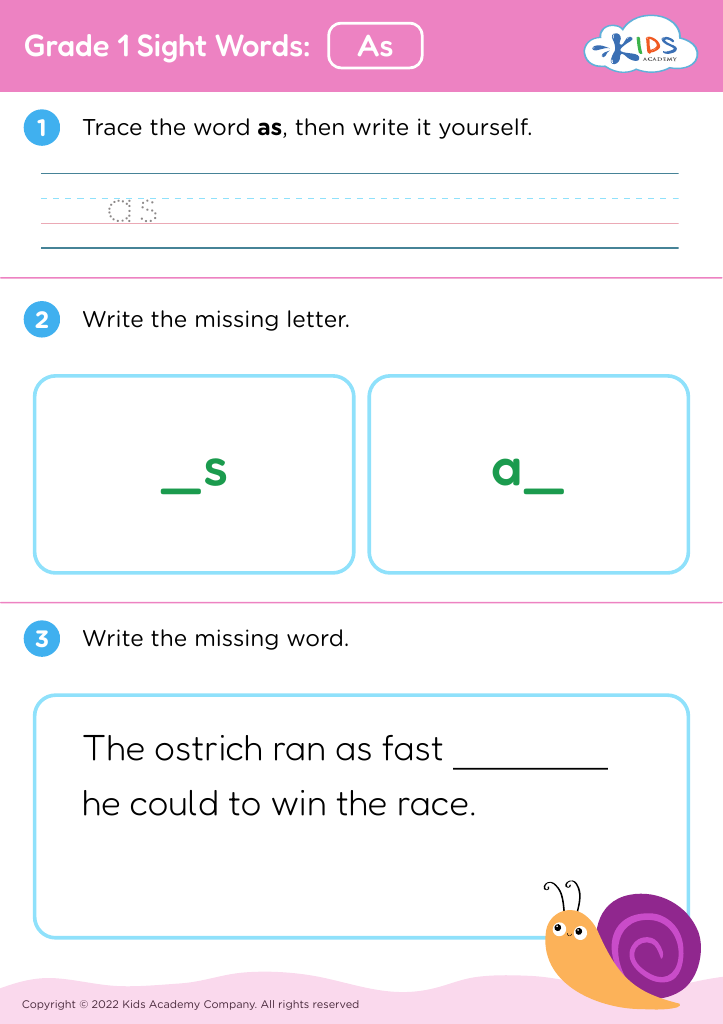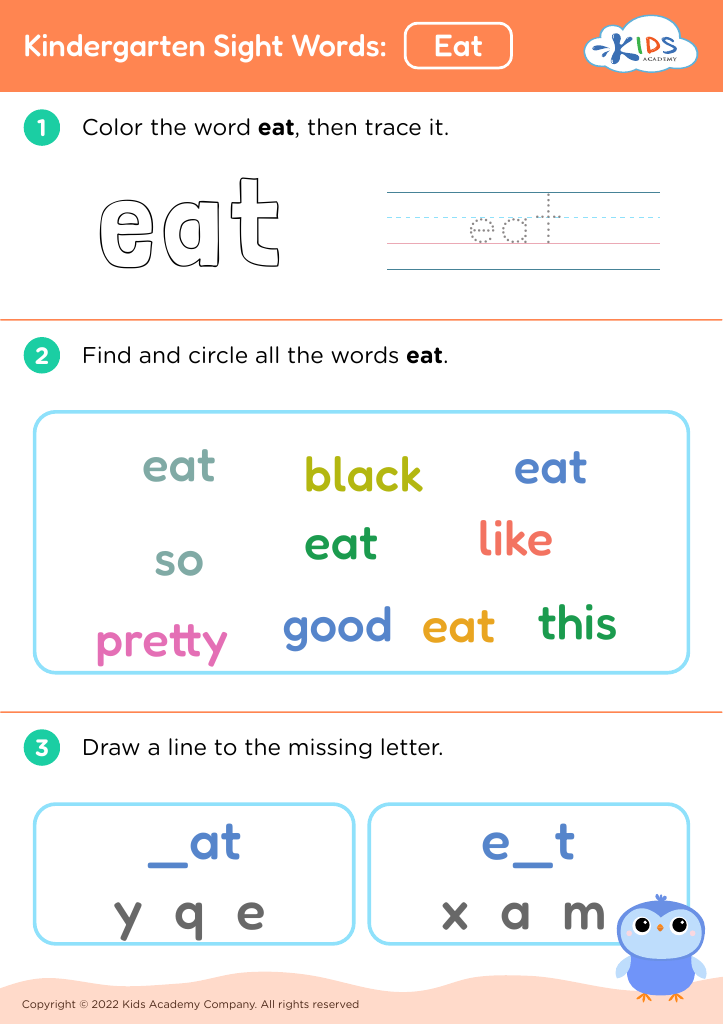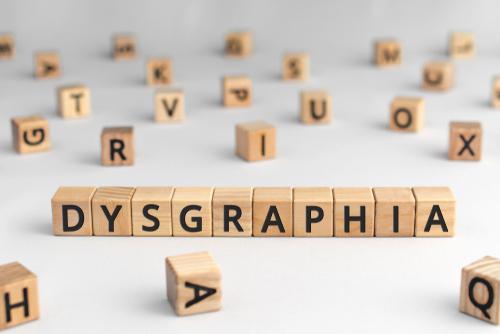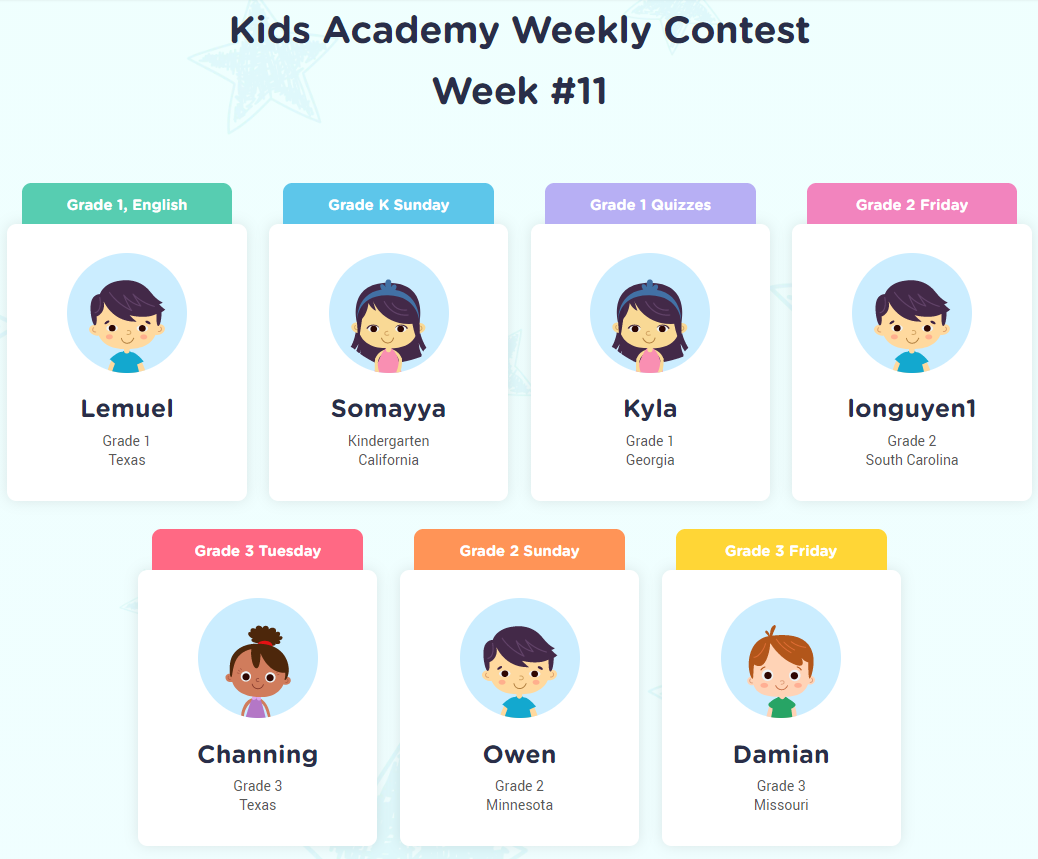Shape identification Reading Worksheets for Ages 6-8
4 filtered results
-
From - To
Discover our Shape Identification Reading Worksheets, specially designed for children aged 6-8! These engaging worksheets enhance young learners' reading and comprehension skills while introducing them to various shapes. Each activity combines colorful visuals and interactive tasks, making learning fun and effective. Your child will explore shapes through captivating stories, descriptions, and exercises that promote critical thinking and vocabulary development. Perfect for classrooms or at-home learning, these resources support the foundational literacy skills essential for academic success. Encourage your child's love for reading and geometry with our thoughtfully crafted worksheets, designed to inspire creativity and curiosity in young minds! Explore today!
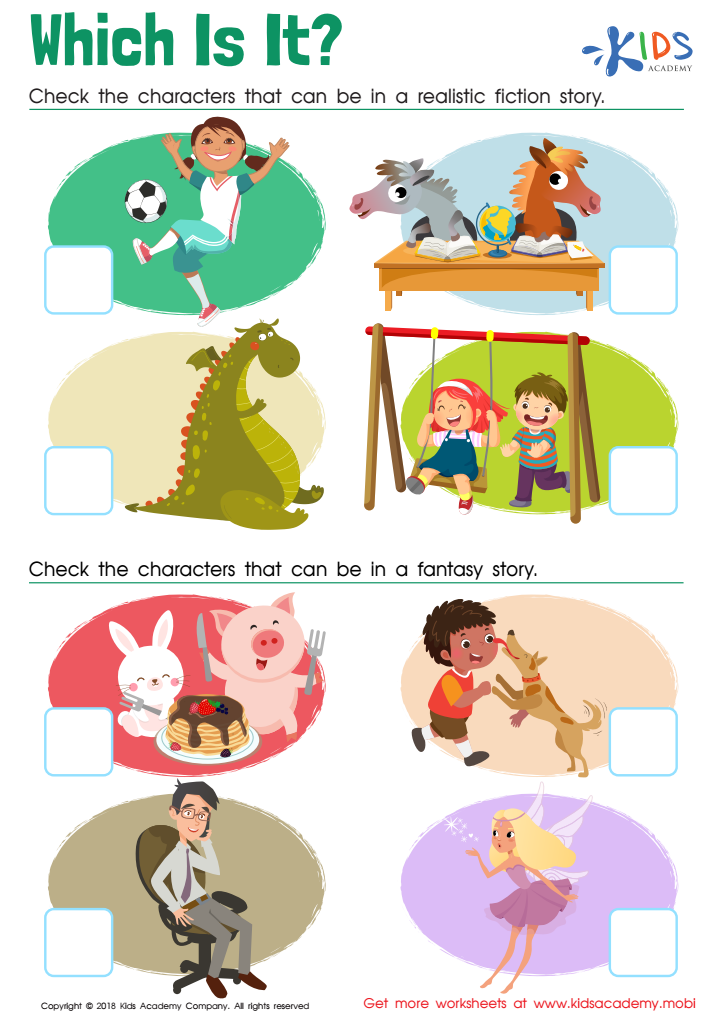

Which Is It? Worksheet
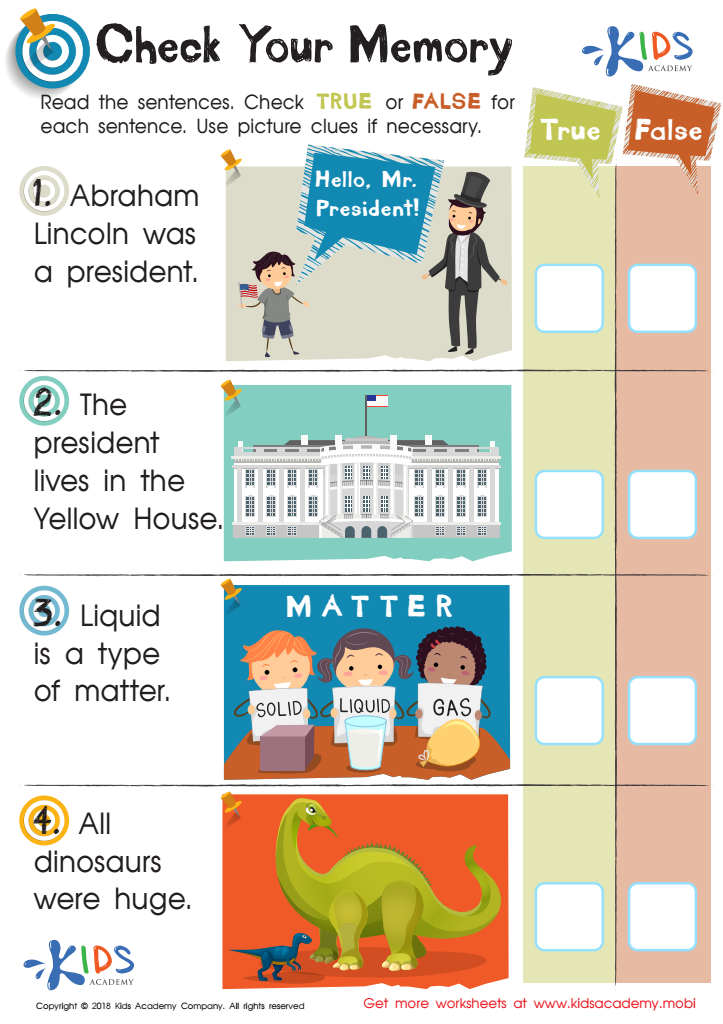

Check Memory Worksheet
Shape identification reading for ages 6-8 is a fundamental skill that plays a crucial role in early education. Recognizing shapes is more than just identifying circles or triangles; it sets the foundation for critical cognitive skills, such as spatial awareness, problem-solving, and logical thinking. Parents and teachers should care about this important aspect of literacy because it intertwines with other learning domains, including mathematics and reading.
At this age, children are developing their vocabulary and comprehension skills. Understanding shapes helps in building a robust vocabulary associated with geometry and can enhance storytelling through descriptive language. For instance, discussing the shape of objects in a story fosters creativity and deeper engagement with the text.
Furthermore, shape identification encourages fine motor skills as children learn to draw and create shapes, enhancing their overall handwriting and drawing abilities. It also aids in developing patterns and categorization skills, essential for mathematical foundations.
By prioritizing shape identification, parents and educators create a rich, interdisciplinary framework that supports children’s holistic development. It empowers them with critical skills that will aid them not just in early schooling but throughout their academic journey, setting the stage for lifelong learning.
 Assign to My Students
Assign to My Students

